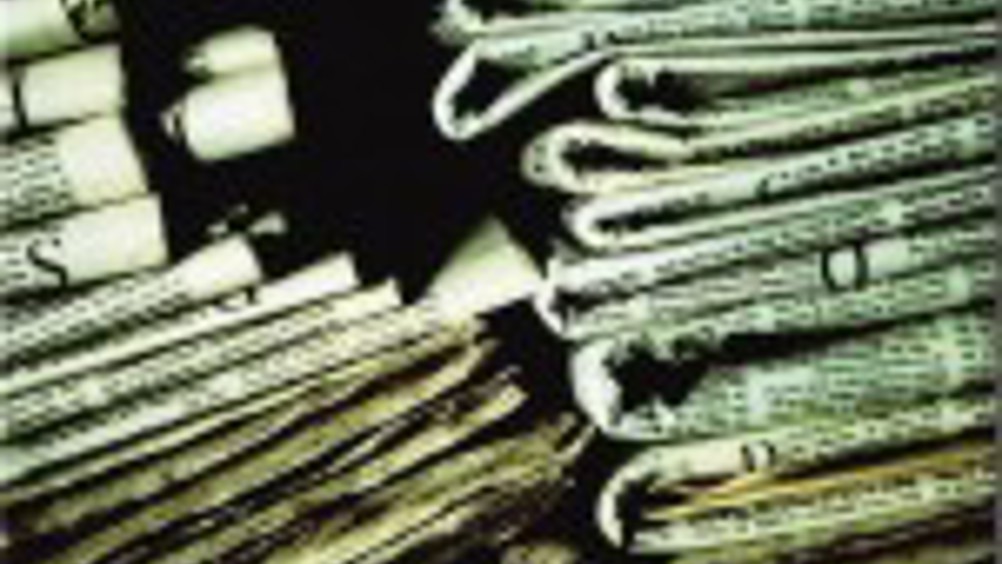Software to digitise library text

Researchers at Salford University are developing software that will help libraries convert millions of pages of newspapers and books into digital records, preserving them for posterity.
At present, libraries are struggling to digitise the hundreds of years’ worth of printed material they hold and are fighting a battle to save newspapers, which were only designed to last a few days or weeks from decay.
The researchers from the university’s School of Computing, Science and Engineering have been given £1m to develop the software, which will be able to accurately analyse images of documents that are often stained, yellowed and written in obsolete typefaces.
The project - called IMPACT (Improving Access to Text) - is part of a huge European scheme led by the Royal Library of the Netherlands and involves the British Library and national libraries from France, Germany and Austria, as well as a handful of other universities.
Dr Apostolos Antonacopoulos is leading the Salford part of the project and the overall image enhancement task.
Register now to continue reading
Thanks for visiting The Engineer. You’ve now reached your monthly limit of news stories. Register for free to unlock unlimited access to all of our news coverage, as well as premium content including opinion, in-depth features and special reports.
Benefits of registering
-
In-depth insights and coverage of key emerging trends
-
Unrestricted access to special reports throughout the year
-
Daily technology news delivered straight to your inbox










Water Sector Talent Exodus Could Cripple The Sector
Maybe if things are essential for the running of a country and we want to pay a fair price we should be running these utilities on a not for profit...